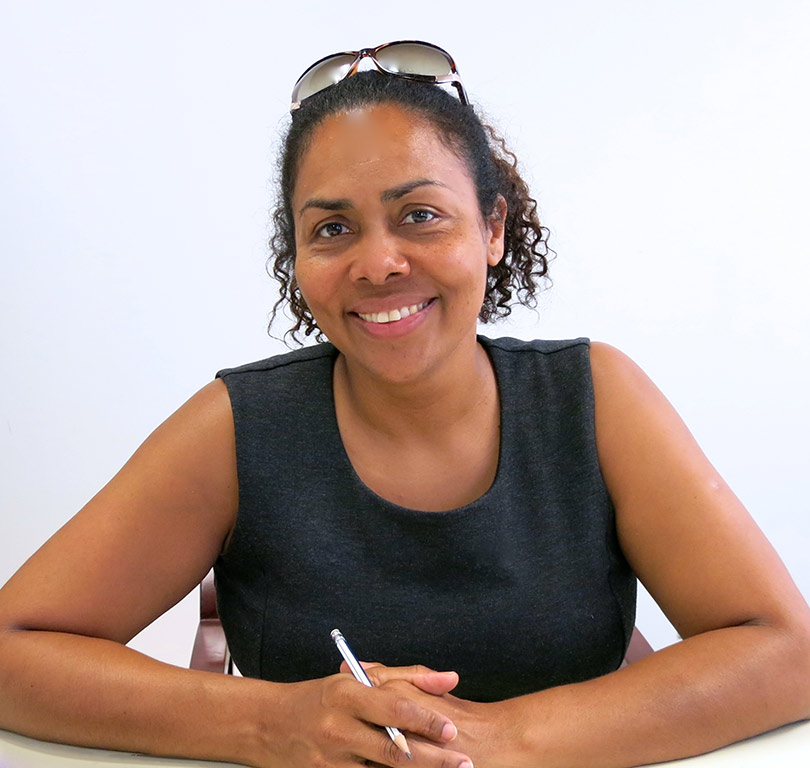
I’ve always been proud of being who I am. It means that I am sharing. It means that I am educating and opening eyes. Whoever sees me or hears me, I am giving them a culture. It makes me so proud of my heritage. I am “contagious” because my friends want to do things to show our folklore. This gives me so much pleasure to be able to show a different side to life.
1. What led you to the mission of being a teacher of culture: dancing, cooking, folklore, and ecology?
Since I moved to the United States from Panama, I noticed that people have a lot of knowledge of Latin culture — on the Mexican side of it. 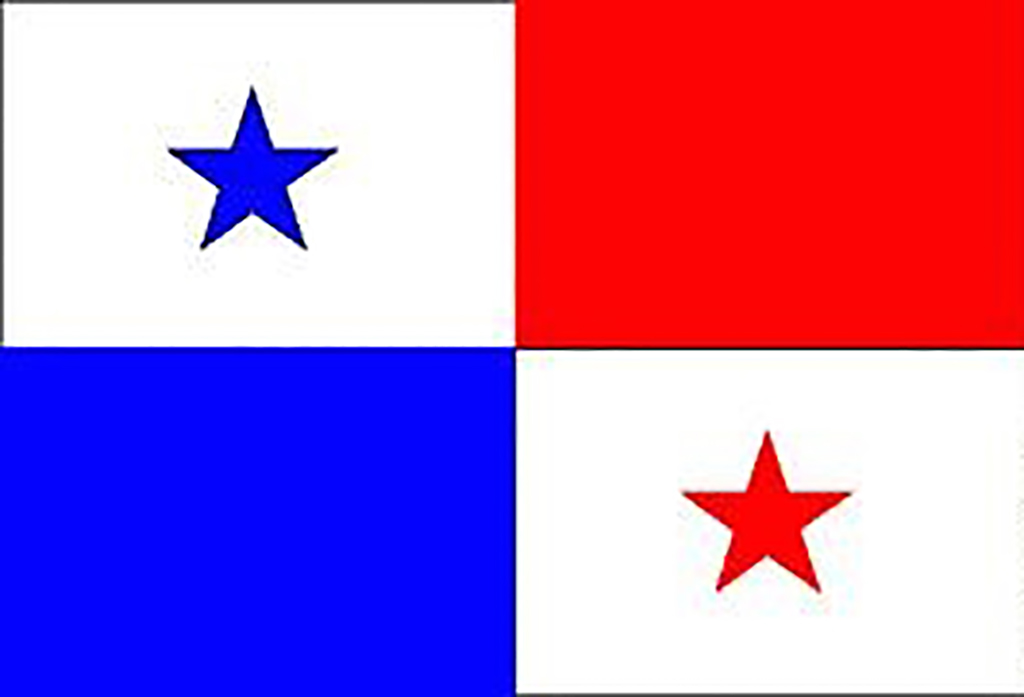 But some people didn’t know there is Latin culture outside of Mexico. No one was talking about what we do in Panama. When I started seeing that, I realized that my country was not always represented. I also realized how much I love my culture.
But some people didn’t know there is Latin culture outside of Mexico. No one was talking about what we do in Panama. When I started seeing that, I realized that my country was not always represented. I also realized how much I love my culture.
I asked my sister to buy and send me some dresses from Panama. She did. People started meeting me and asking me to participate in many festivals. I started showing how people dance in Panama. I even had to dress up as a man. Panamanian men don’t always want to dance. They are embarrassed. So I dress as a man and my sisters dress as women and we dance in festivals.
I cook for people in my house. They said, “Oh you cook so good.” 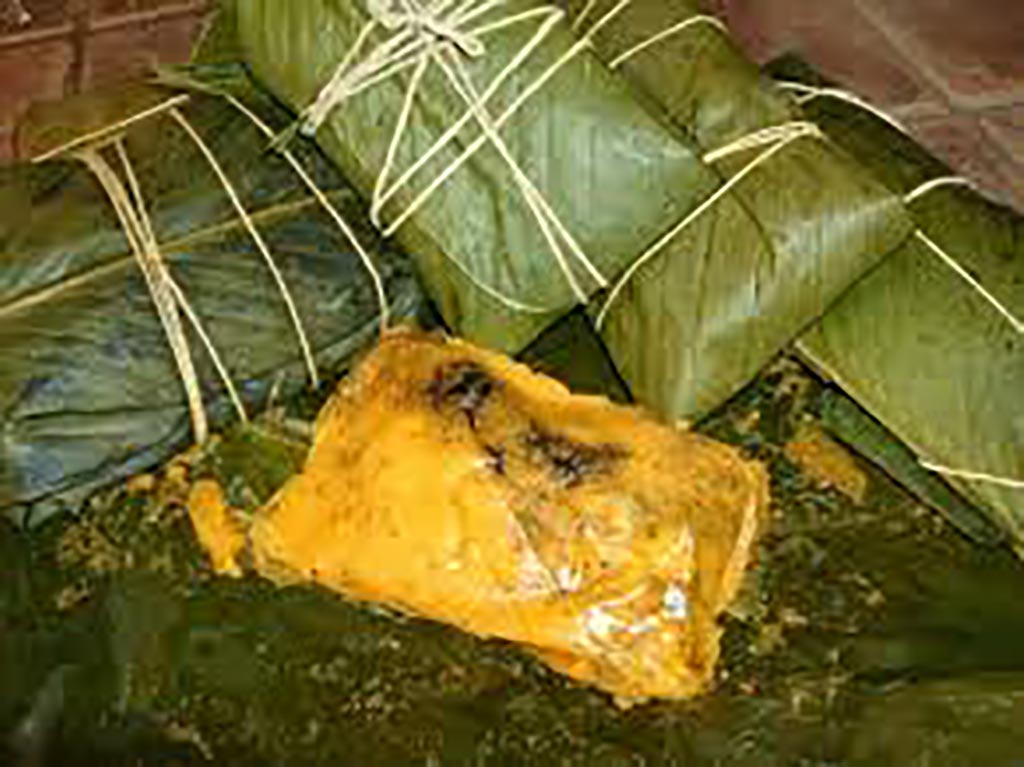 So I started cooking for other people and taught them about cooking in my culture. I started going to different places and showing my food. I take pictures of our fruits some time and show them to people who have never seen it. Panama tamales are really good. The tamales from Mexico are totally different from ours. People buy the ingredients and I cook it for them. They really like it. I also started having my own little place in the Hispanic Festival in St. Louis, Missouri.
So I started cooking for other people and taught them about cooking in my culture. I started going to different places and showing my food. I take pictures of our fruits some time and show them to people who have never seen it. Panama tamales are really good. The tamales from Mexico are totally different from ours. People buy the ingredients and I cook it for them. They really like it. I also started having my own little place in the Hispanic Festival in St. Louis, Missouri.
I also get invited to talk about Panama. I might talk about how the jungle is being destroyed. 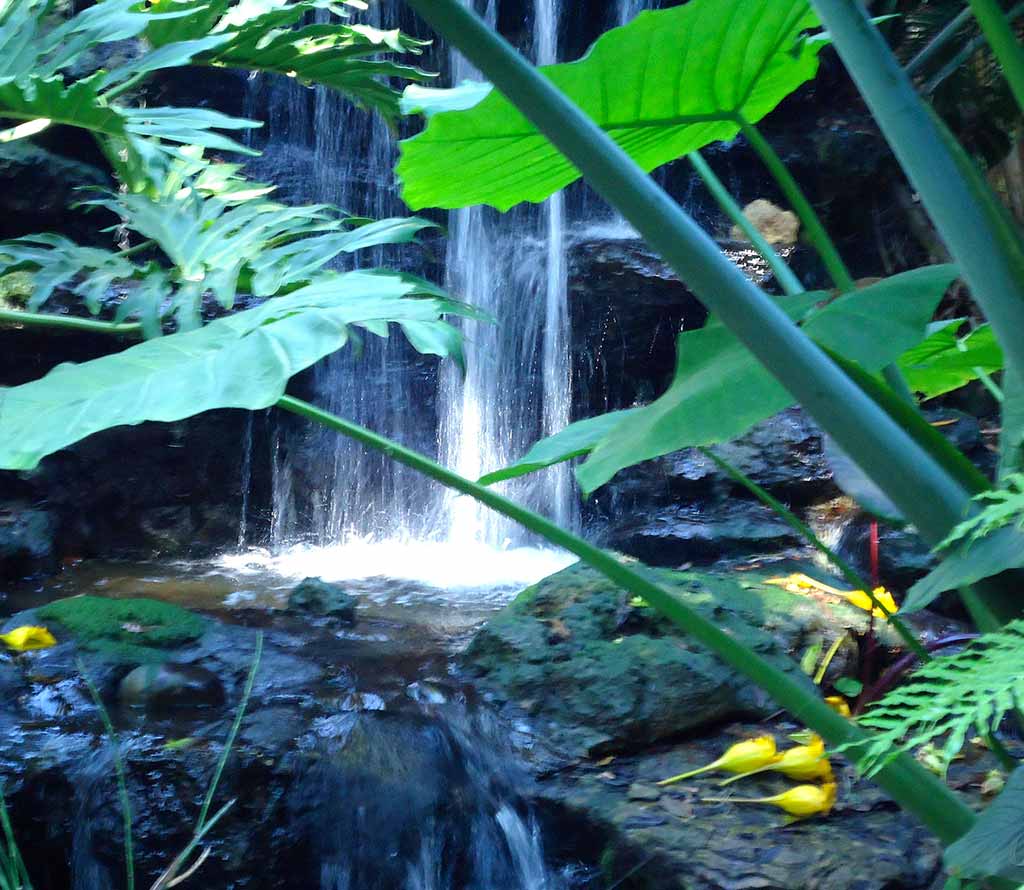 Next to Colombia, there is a jungle that is very thick. It has stopped the Columbian drug traffic a little bit from coming into Panama. It rains because of the jungle. If you cut all the trees, it doesn’t rain any more. Humans are going more deeply into the jungle and cutting and burning. We started to have a desert in an area that used to be a jungle. We had cut all the trees. The ocean breezes with the salt killed the vegetation that tried to start growing again. We had a little desert going. We started mining copper some time ago. This was killing the jungle also. So I talk to people about the importance of the jungle.
Next to Colombia, there is a jungle that is very thick. It has stopped the Columbian drug traffic a little bit from coming into Panama. It rains because of the jungle. If you cut all the trees, it doesn’t rain any more. Humans are going more deeply into the jungle and cutting and burning. We started to have a desert in an area that used to be a jungle. We had cut all the trees. The ocean breezes with the salt killed the vegetation that tried to start growing again. We had a little desert going. We started mining copper some time ago. This was killing the jungle also. So I talk to people about the importance of the jungle.
I used to live next to an American base. 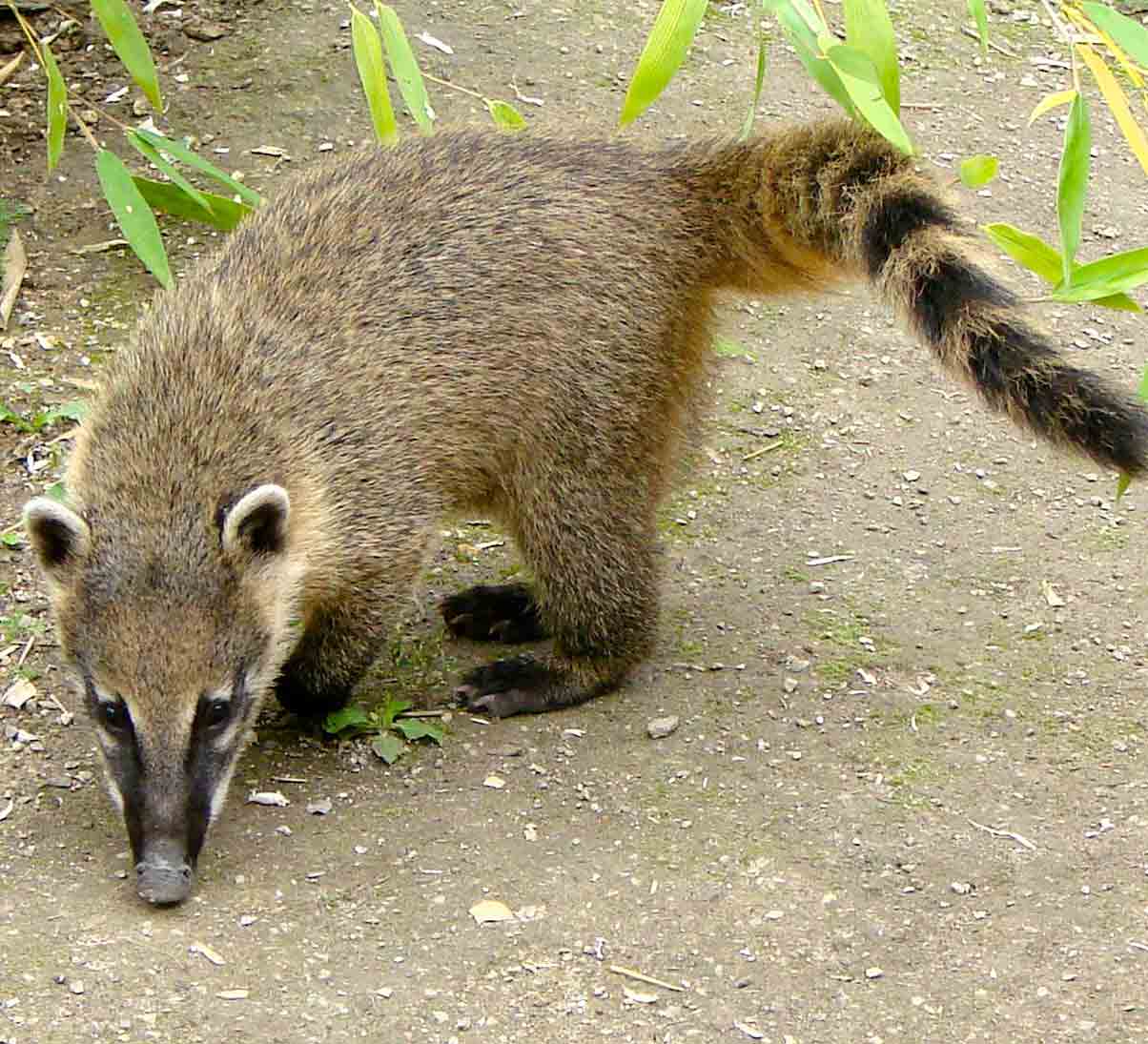 I worked as a maid. The base was next to the jungle. Every day you would see the monkeys come. The people on the base would not let anybody kill the animals at that time. The monkeys would come and other animals called kudamundi. The kudamundi work in families and groups. They can hang by their tails. The Americans left and the canal was given back to the Panamanians. Most of those animals have been wiped out after that. That was like a nightmare for me.
I worked as a maid. The base was next to the jungle. Every day you would see the monkeys come. The people on the base would not let anybody kill the animals at that time. The monkeys would come and other animals called kudamundi. The kudamundi work in families and groups. They can hang by their tails. The Americans left and the canal was given back to the Panamanians. Most of those animals have been wiped out after that. That was like a nightmare for me.
All these things led me to try to show a little bit of who we are – our foods, our fruits, our dance, our culture. I love teaching culture.
2. What does this mission mean to you?
I’ve always been proud of being who I am. When I was in my country, I wasn’t so much proud as I am being here. 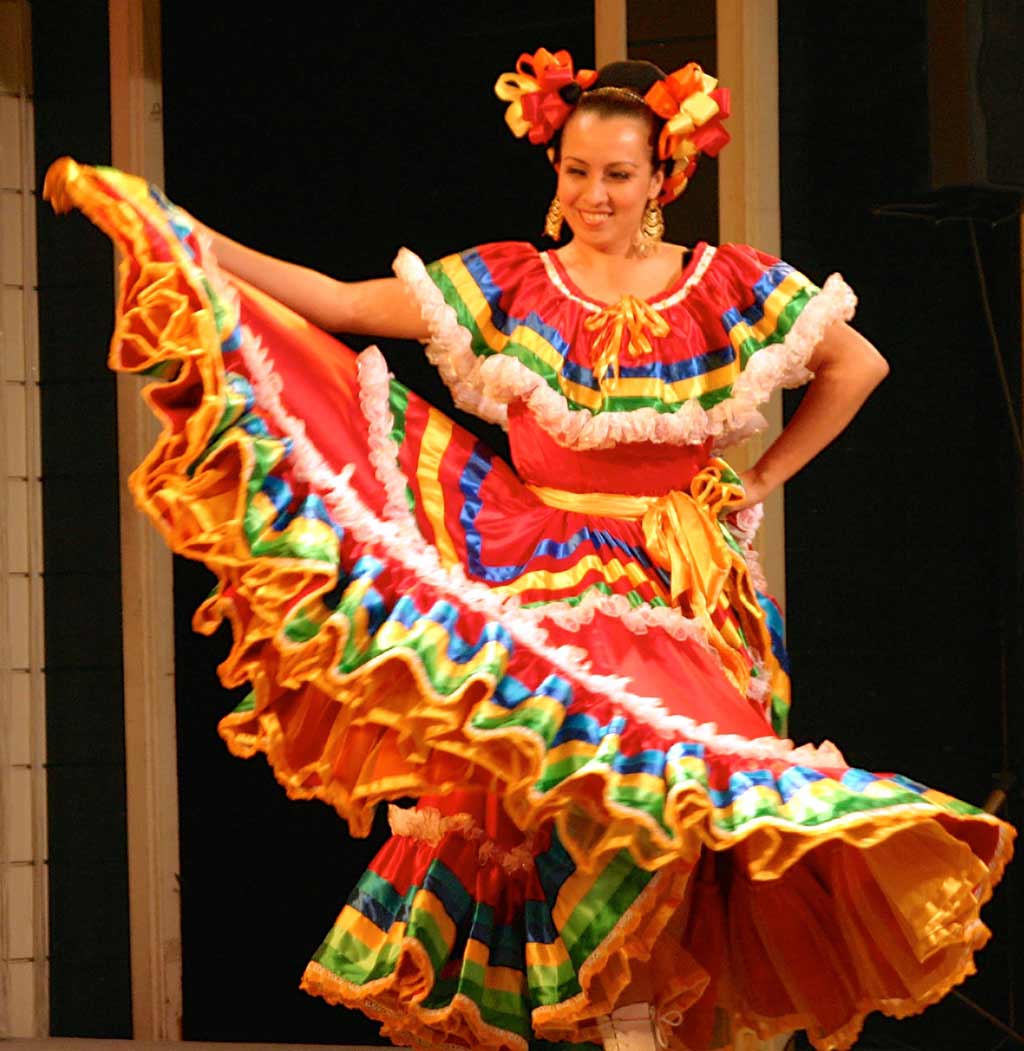 It means that I am sharing. It means that I am educating and opening eyes. Whoever sees me or hears me, I am giving them a culture. It makes me so proud of my heritage. I am “contagious” because my friends want to do things to show our folklore. This gives me so much pleasure to be able to show a different side to life.
It means that I am sharing. It means that I am educating and opening eyes. Whoever sees me or hears me, I am giving them a culture. It makes me so proud of my heritage. I am “contagious” because my friends want to do things to show our folklore. This gives me so much pleasure to be able to show a different side to life.
I am dark. I am Afro-Latina. This means I’m a mix of African from the slaves that came to Panama and the Spanish and Indians. I have more African than others. So, people don’t think I am Latina. Some people even think I am Hawaiian. I don’t fill the profile. That’s another thing I love to show, that the Latin culture is very diverse. In Mexico, there is a mix of Spanish and Indians. But in Columbia, Venezuela, Panama, and Puerto Rico, there are a lot of mestizos, like me. There are dark people.
3. What was your best day as a teacher of culture: dancing, cooking, folklore, and ecology?
I have so many wonderful days. I was doing a dance in the St. Charles Foundry. 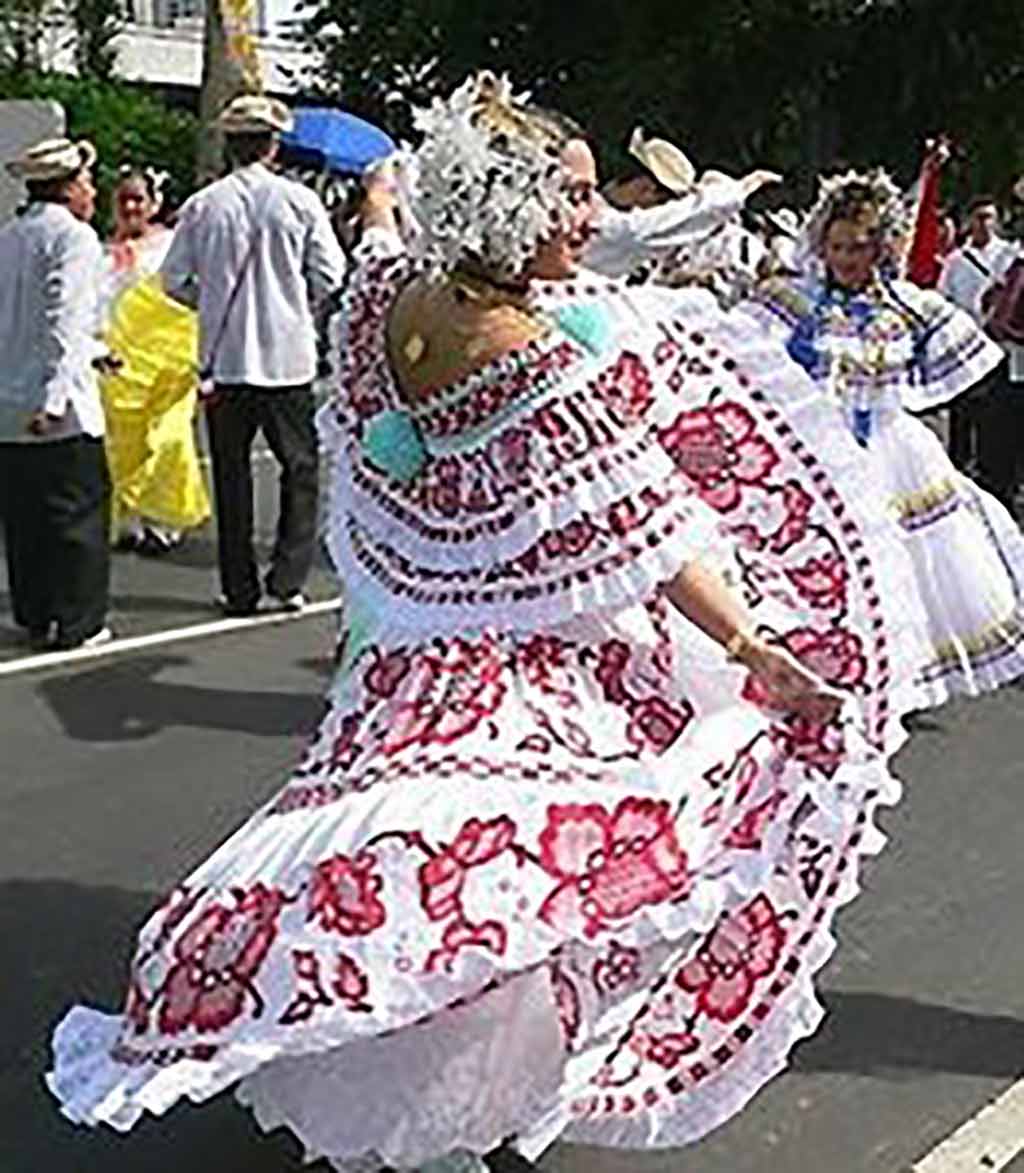 I had the opportunity to explain the dresses, polleras. They are so full of meaning. Our dresses in the past were made with real pearls. But now they are too expensive, so they are made of pearls, but not real pearls. They are plastic.
I had the opportunity to explain the dresses, polleras. They are so full of meaning. Our dresses in the past were made with real pearls. But now they are too expensive, so they are made of pearls, but not real pearls. They are plastic.
The day at the Foundry, I had the opportunity to talk about everything – how the dresses were made now and how they were made in the past. Many of us wore dresses so I told them about the different types of dresses. For instance, my dress (pollera) was white and is worn when someone is getting married. There are other dresses that are for festivals. 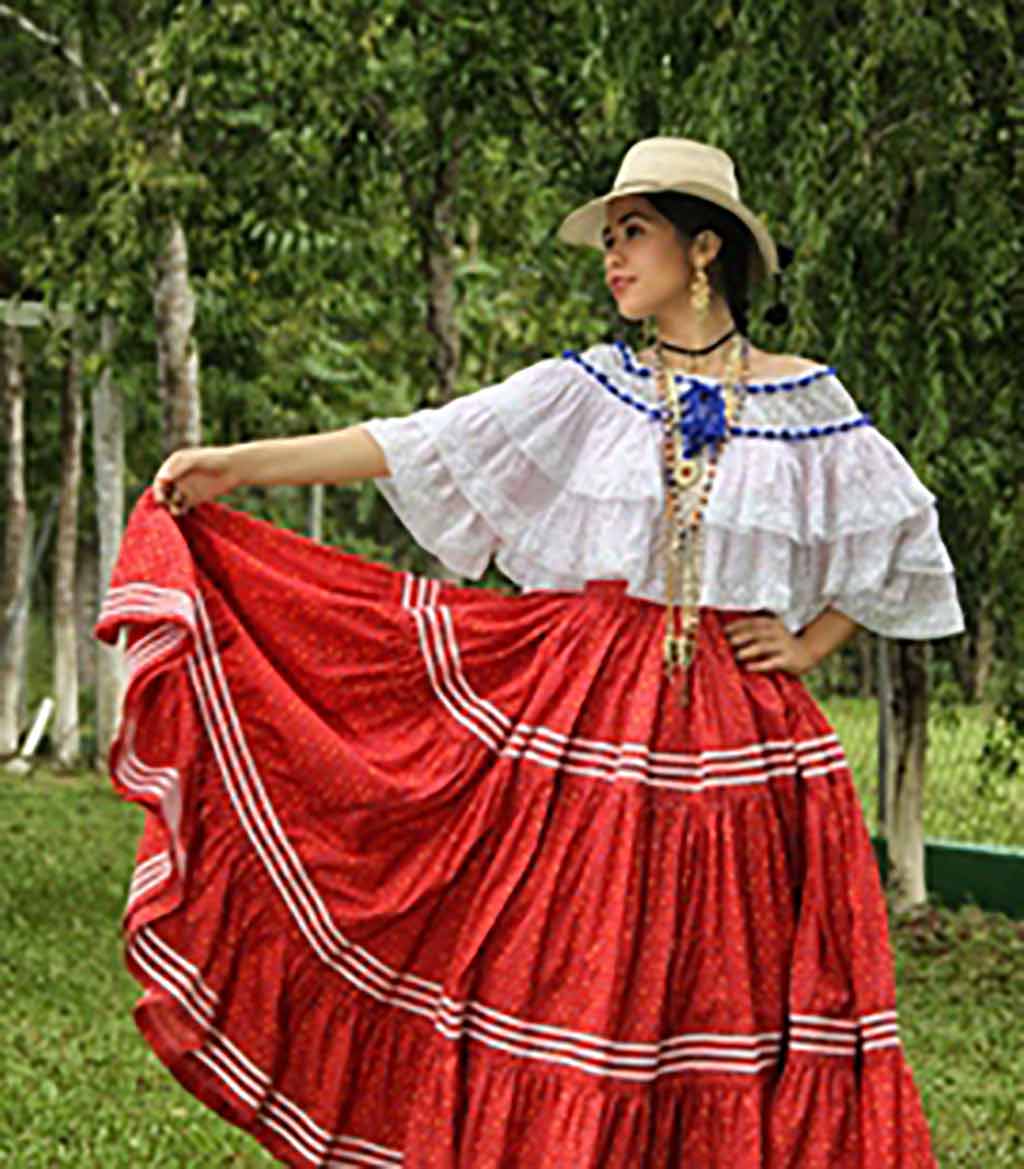 Some are the ones worn by Africans when they escaped from slavery. They didn’t have money to buy the material, so they found little pieces of fabric from everywhere and made their dresses like a quilt (pollera congo). Peasants used to wear a certain dresses and Indians another one. There are luxury dresses (lujo pollera) . They are made by hand and it takes months and months to finish them. All the pearls were real and they mimicked flowers or butterflies or dragonflies. There are the red skirts called basquiña.
Some are the ones worn by Africans when they escaped from slavery. They didn’t have money to buy the material, so they found little pieces of fabric from everywhere and made their dresses like a quilt (pollera congo). Peasants used to wear a certain dresses and Indians another one. There are luxury dresses (lujo pollera) . They are made by hand and it takes months and months to finish them. All the pearls were real and they mimicked flowers or butterflies or dragonflies. There are the red skirts called basquiña.
I loved doing that day. For that day I cooked for everyone too. I love doing that because it shows people that there are other cultures.
In my job, I used to go into different counties in Missouri. 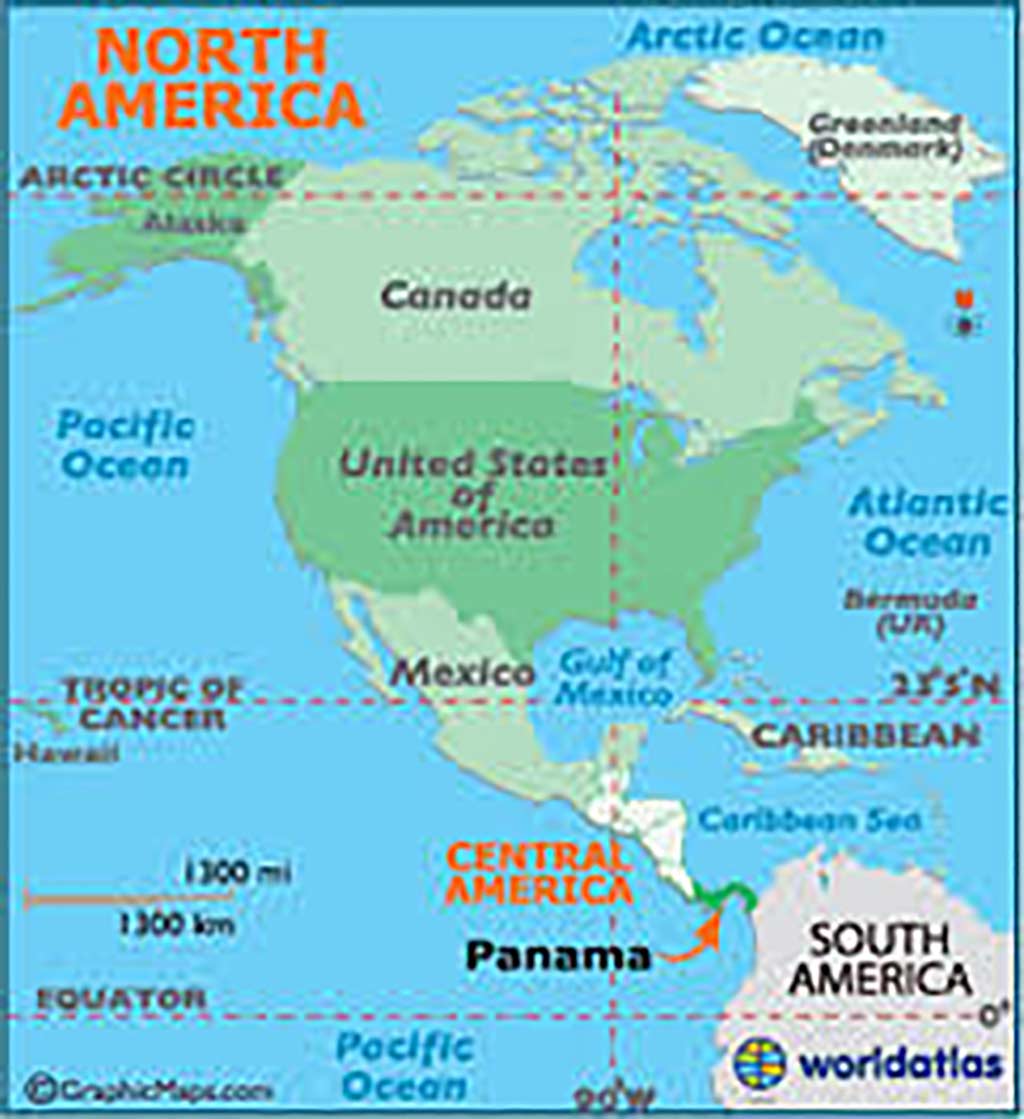 The children would say, “Are you Chinese?” I had to draw a map of Latin America and say, “Look. This is America. This is Panama.” Also, when I talk with my accent, they never heard anybody with an accent. I gave them the opportunity to let them see and hear someone who was different. They don’t have that opportunity.
The children would say, “Are you Chinese?” I had to draw a map of Latin America and say, “Look. This is America. This is Panama.” Also, when I talk with my accent, they never heard anybody with an accent. I gave them the opportunity to let them see and hear someone who was different. They don’t have that opportunity.
I have gotten into alliances with other people like a woman from Puerto Rico. She is dark like me. She does a play. I saw her play and I almost cried because it is my story. This is the story of all of us. We come here and look African American, but we are not. Then when we open our mouth, it is like, “Ah. What are you?” They can’t put us in a place. We don’t fit. But by teaching culture, people start to understand other places in the world and where we come from.
4. What was your worst day as a teacher of culture: dancing, cooking, folklore, and ecology?
As a teacher I have not had a worst day. As a person I have. I wanted to get a job as a teacher in Hawaii. They said they needed a Spanish teacher. I went to apply for the job.  I guess I didn’t fill the profile they were looking for. They said, “No, no. We don’t need a teacher.” When I left, they put the sign back up that they needed a teacher. I went back and said, “You know I am a Latin person. Because I don’t fit the profile doesn’t mean I don’t know my language or don’t know what I’m going to teach.” So they hired me after I had this discussion. This was my worst day because I didn’t fit the profile of looking like a person from Mexico. The discrimination I felt that day.
I guess I didn’t fill the profile they were looking for. They said, “No, no. We don’t need a teacher.” When I left, they put the sign back up that they needed a teacher. I went back and said, “You know I am a Latin person. Because I don’t fit the profile doesn’t mean I don’t know my language or don’t know what I’m going to teach.” So they hired me after I had this discussion. This was my worst day because I didn’t fit the profile of looking like a person from Mexico. The discrimination I felt that day.
Some people act poorly because they are ignorant. Many people don’t understand the effort that it takes to be in a different culture. Sometimes people think I am dumb because I have an accent. I cannot get rid of it. That doesn’t mean I didn’t go to college. That doesn’t mean that I am not educated. I speak two languages. Just that fact alone says something of my intelligence. Speaking two languages is an accomplishment.
5. How did you survive your worst day?
I always improvise. Like the day there was not a man to dance. Not any man wanted to do it. So, I got tired of it and said, “OK, I’ll do it.” I practiced painting myself so I would look like my brother. I thought, “Oh, I can make it so I look like a man.” So I improvised so I could bring the dance to the festivals.
I don’t dance perfectly. 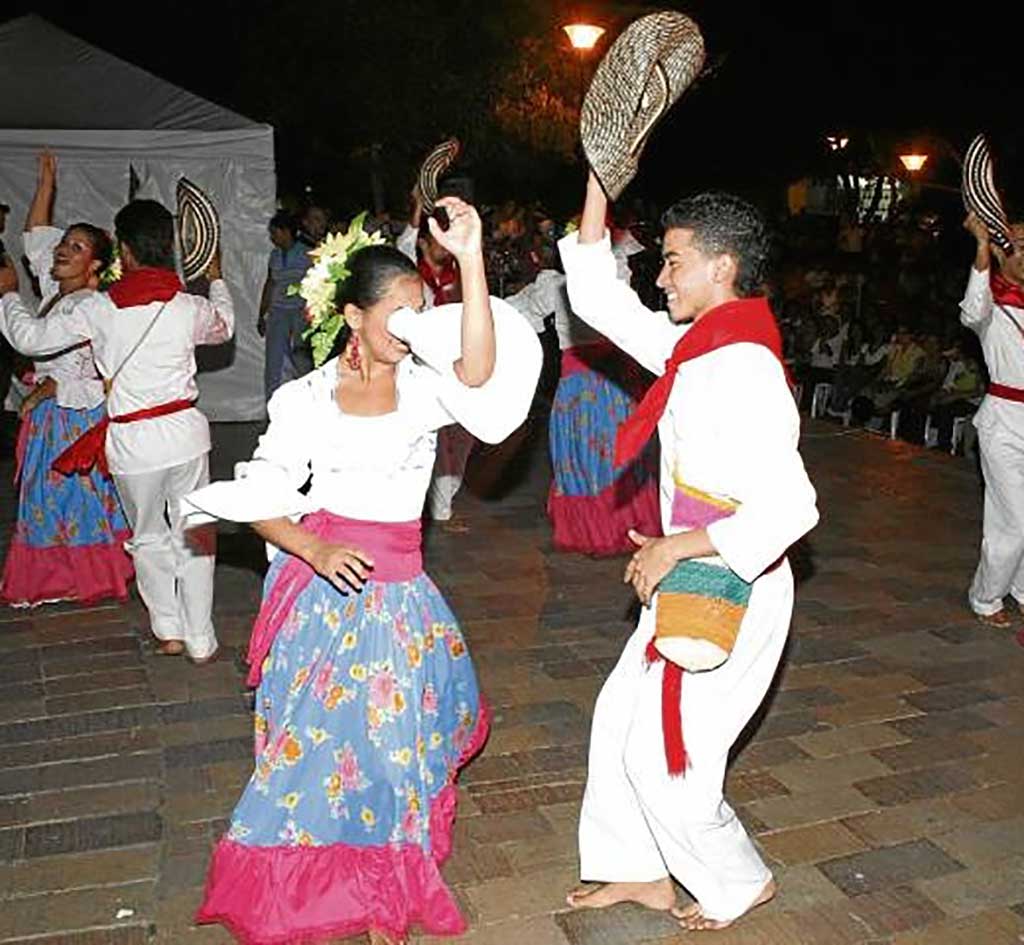 In my country there are people who can dance perfectly. Sometimes people from my country are seeing me and criticizing me and saying, “Well, you aren’t dancing perfectly. You aren’t doing it right.” I say, “Well, I’m not doing it perfectly, but I am doing it.” If everything doesn’t go all right, I improvise.
In my country there are people who can dance perfectly. Sometimes people from my country are seeing me and criticizing me and saying, “Well, you aren’t dancing perfectly. You aren’t doing it right.” I say, “Well, I’m not doing it perfectly, but I am doing it.” If everything doesn’t go all right, I improvise.
I recently went to Alabama. My cousin was getting married. I am so into family and I thought, “I’m going to go.” I took my pollera – my dress. I danced. I was afraid people would be racists and would “boo” me. 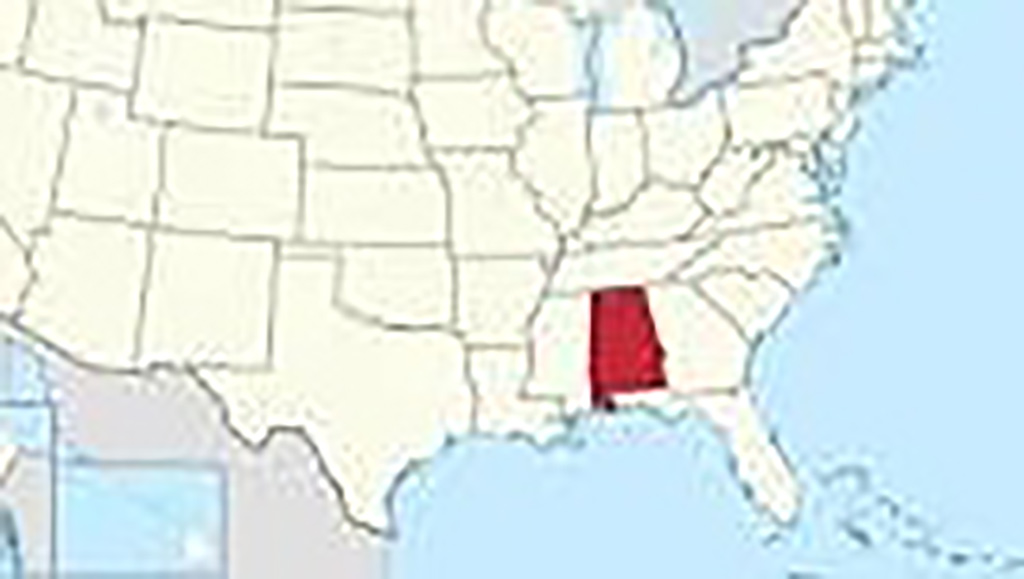 I came with so much prejudice in my heart, because I was scared. But I started dancing. I pulled out one of the men at the wedding and got a hat like they wear on a safari. We danced. People loved it. People clapped. People asked for more. I had to do something immediately that I wasn’t planning to do. I had to use other music to dance and improvise. People loved it. I was so happily surprised. They were so welcoming to something new. They loved it. It was something new.
I came with so much prejudice in my heart, because I was scared. But I started dancing. I pulled out one of the men at the wedding and got a hat like they wear on a safari. We danced. People loved it. People clapped. People asked for more. I had to do something immediately that I wasn’t planning to do. I had to use other music to dance and improvise. People loved it. I was so happily surprised. They were so welcoming to something new. They loved it. It was something new.
Every time I have had fear, I have been pleasantly surprised. For instance, in another rural county I saw things that made me think the people there were prejudiced against blacks and Hispanics together. I went there and they couldn’t have been more nice to me.
I’m from the country and the people in that rural county were exactly like people from the countryside and farms where I am from.  The only difference between us is that they had blue eyes and light skin and I have dark eyes and dark skin. But we were the same people. We have the same characters with different skin color and different eyes. But we have the same giving experience and the same sharing experience. They were proud to show me their animals and all that. I was proud to show them my culture. (Pictured: A rural road in Panama. Looks like a rural road in the United States.)
The only difference between us is that they had blue eyes and light skin and I have dark eyes and dark skin. But we were the same people. We have the same characters with different skin color and different eyes. But we have the same giving experience and the same sharing experience. They were proud to show me their animals and all that. I was proud to show them my culture. (Pictured: A rural road in Panama. Looks like a rural road in the United States.)
They taught me how to dance country music and I taught them how to dance salsa and merengue. They told me, “We want you to stay.”
6. What advice do you have for someone who would like to become a teacher of culture: dancing, cooking, folklore, and ecology?
I would tell them to think about all the benefits. First you love what you want to do. If you love it, you find the passion. Think about how proud you are and how much you are going to help people know something. That would make them be brave.
You make mistakes. You improvise. You fix them.
- « Previous person: Jennifer Hodgson
- » Next person: Paul Winter